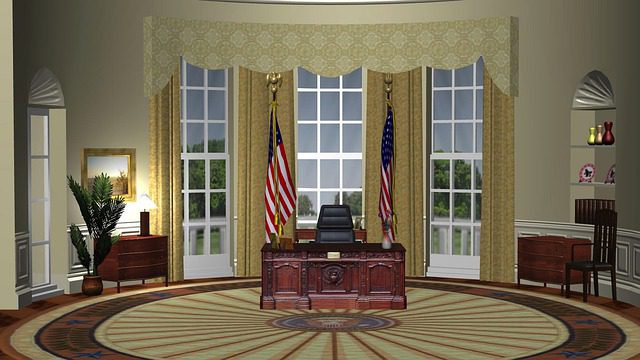President Trump must face a defamation lawsuit by a former contestant on his reality TV show “The Apprentice” after a Manhattan judge ruled in a first-of-its-kind decision that he could not claim immunity through his job as the nation’s commander-in-chief.
“No one is above the law,” Justice Jennifer Schecter wrote in the 19-page decision released Tuesday.
Trump had argued that presidents are shielded from civil litigation in state courts under the US Constitution’s supremacy clause, but that assertion had never been fully tested by the courts — until now.
“It is settled that the President of the United States has no immunity and is ‘subject to the laws’ for purely private acts,” Schecter added. . . .
“In Clinton v Jones the United States Supreme Court held that a sitting president is not immune from being sued in federal court for unofficial acts,” Schecter wrote, citing the sexual harassment suit that led to the 1998 impeachment of President Bill Clinton for lying under oath about his affair with White House intern Monica Lewinsky.
“It left open the question of whether concerns of federalism and comity compel a different conclusion for suits brought in state court. Because they do not, defendant’s motion to dismiss this case or hold it in abeyance is denied,” Schecter ruled.
“Nothing in the Supremacy Clause of the United States Constitution even suggests that the president cannot be called to account before a state court for wrongful conduct that bears no relationship to any federal executive responsibility,” Schecter found.
Here is the Supremacy Clause:
This Constitution, and the Laws of the United States which shall be made in Pursuance thereof; and all Treaties made, or which shall be made, under the Authority of the United States, shall be the supreme Law of the Land; and the Judges in every State shall be bound thereby, any Thing in the Constitution or Laws of any State to the Contrary notwithstanding. (Article VI Clause 2)
The concept of Intergovernmental Immunity grew out of a Supreme Court decision in 1819. As Wikipedia explains it, “In United States Constitutional Law, intergovernmental immunity is a doctrine that prevents the federal government and individual state governments from intruding on each other’s sovereignty. It is also referred to as a Supremacy Clause immunity or simply federal immunity from state law.”
On the surface, nothing in the wording of the article would seem to give immunity to the individual who holds the office of the presidency. Then again, the president is the operative head of the Executive Branch.
Under the clause, an anti-Trump state–say, New York, of which Donald Trump is a resident–could presumably not have a law that forbids the building of a wall between the United States and Mexico. Such a law would give a state authority over the federal government, which is not permitted. What if New York passed a law targeting a private action of the president–“no one may say negative things about immigrants,” or “no one may Tweet after midnight.” Surely he would not be bound by those, though that kind of law might not pass Constitutional muster for other reasons. This case deals with civil lawsuits in state court, which could certainly be used to harass and undermine the federal government in the person of the president. The Supreme Court should probably help out here in clarifying the issues.
I would say that the clause does rule out sanctuary cities, in which state and local laws are used to negate federal immigration statutes.
At any rate, the ruling clears the way for three women waiting to sue the president for sexual transgressions: in addition to this Apprentice candidate, Summer Zervos–who is suing the president for defamation after he attacked her for claiming he groped her–there is the Playboy playmate Karen McDougal and the porn star Stormy Davis, who are suing Trump over disputes about non-disclosure agreements regarding their sexual affairs.
Illustration: President Trump’s Oval Office, via Pixabay, CC0, Creative Commons












